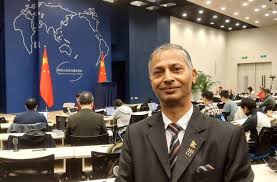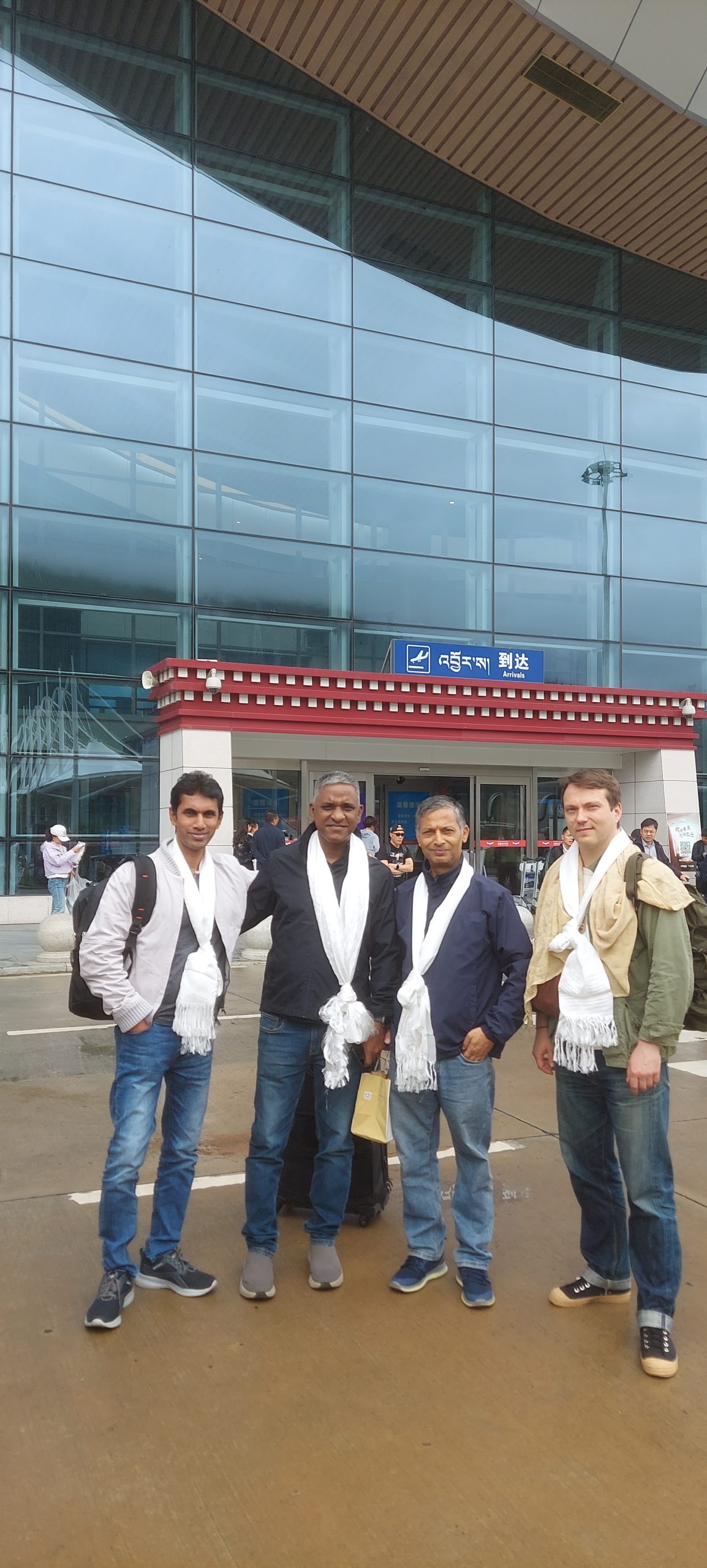
By Deepak Joshi Pokhrel
The UML has always exhibited unique and peculiar characteristics. It has an uncanny ability to spark controversy and outrage—often for the wrong reasons. This tendency was evident in last week’s incident, once again validating the argument that UML and controversy are inseparable. Party leaders were seen fighting among themselves over the next party chairman and leadership, giving the impression that power is their only priority.
The UML is preparing for its upcoming 11th General Convention, scheduled to be held in Kathmandu on December 13–15. The primary objective of the convention is to elect new leadership and ensure party unity. Another major purpose is to discuss contemporary political issues with the aim of making the party a decisive national force. A key focus will be the election of new office bearers and leadership, amid an ongoing debate over a smooth transition and potential challengers to the current chairman, KP Sharma Oli. The leaders are also expected to discuss ways to strengthen party unity, especially in light of internal feuds and past splits.
Over the years, the UML has faced public criticism. It has been accused of promoting nepotism and favoritism within the party. Critics say the party is run in an oligarchic manner, bypassing collaborative governance. Anyone who dares to challenge the leadership is either marginalized or expelled under one pretext or another. This has long been the strategy of leaders in power.
The issue of the party chairman and leadership has been a recurring debate in recent years. KP Oli was first elected chairman of the party in July 2014 at the 9th General Convention, defeating Madhav Kumar Nepal. He was re-elected for a second term in 2021 at the 10th General Convention, defeating Bhim Rawal. But his leadership has repeatedly come under scrutiny for various reasons. Party insiders and supporters often argue that Oli is responsible for the party’s current weakened state. As a result, internal feuds and dissent have become common within the party.
While Oli’s high-handedness showed no signs of waning, former President Bidya Devi Bhandari, after completing her tenure, decided to renew her party membership. Her modus operandi was simple: she wanted to challenge Oli’s brinkmanship. Many leaders welcomed her return, acknowledging that she is the only one capable of confronting Oli head-on. However, her move was criticized by some, who argued that it was unconstitutional, claiming that one cannot enjoy state perks and incentives while engaging in party leadership. Bhandari had resigned as UML vice chair after being elected president in 2015.
With her decision to rejoin the party, Oli reportedly became restless, fully aware that Bhandari’s comeback could pose a grave threat to his leadership. He reached out to close allies and party members, telling them that her return was unconstitutional. His strategy was to keep his opponent at bay and secure his position as the uncontested leader. Surprisingly, his tactics worked. Recently, Bhandari reportedly revoked her party membership.
Earlier, there had been an internal debate within UML over whether to remove the age limit of 70 years and the two-term leadership restriction. However, the statute convention annulled both provisions, clearing the way for continued leadership. This was a strategic move by Oli and his supporters, who were aware that such restrictions could empower his opponents to challenge his leadership.
It is widely believed that Bhandari revoked her membership at Oli’s behest. It is also said that she has expressed support for the party’s vice chair, Ishwar Pokhrel. While Oli may have breathed a sigh of relief, thinking no one remains to challenge him, the rise of Ishwar Pokhrel has again laid the foundation for internal conflict within the party.
Second-rung UML leaders are now rallying behind the senior vice chair as a potential challenger to Oli. They chose Pokhrel as the candidate for the chairmanship after Oli and his faction refused to reinstate former President Bhandari’s membership despite her expressed desire to return. Political observers argue that Oli may face serious consequences at the 11th General Convention.
Internal conflict and power struggles within the UML have weakened its structural base at the grassroots. Until a few years ago, the party enjoyed a strong presence at the local level. Today, however, it seems to be losing its grip at a time when the general election is just around the corner.
This writer is not advocating for Ishwar Pokhrel as the next chairman. My point is that Oli has already led the party twice. He is ageing, and his health is fragile. His contributions will always be acknowledged and appreciated. But it is high time he stepped down on moral grounds and paved the way for younger and competent leaders to take charge.
If he voluntarily steps down, it will serve the party well. If not, internal conflict within the UML will persist. Factions and sub-factions will continue emerging. Leaders will remain entangled in endless power struggles. This is a simple truth that senior party leaders must recognize and act upon.













Comments:
Leave a Reply